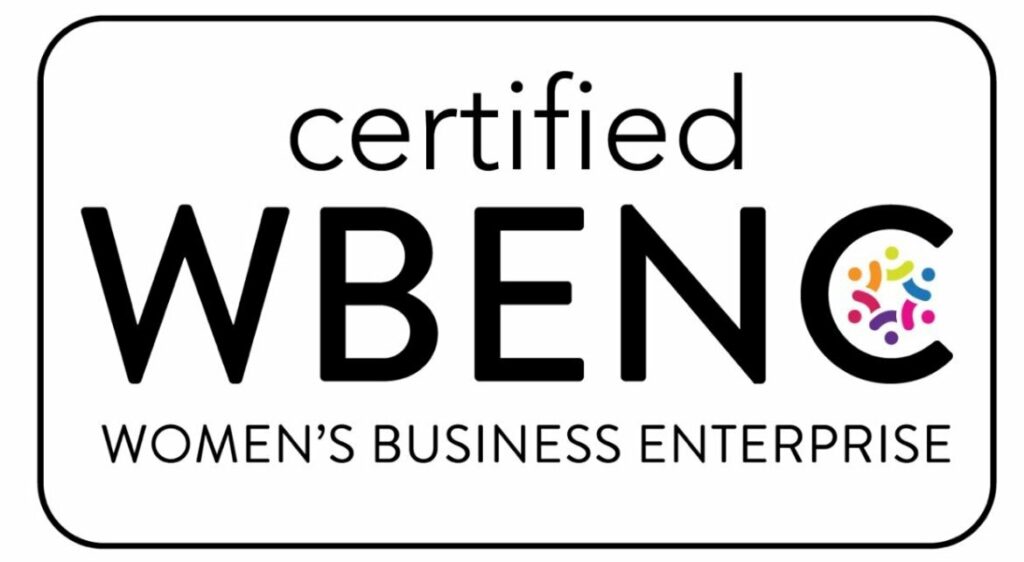In an effort to better educate employers and employees, the EEOC recently released guidance with respect to anti-retaliation protections for those who exercise their rights under federal equal employment opportunity laws in connection with COVID-19. The guidance clarifies that employers may not retaliate against job applicants, current employees, or former employees who assert their rights or engage in “protected activity” under any of the federal EEO laws prohibiting workplace discrimination (i.e, Title VII, the Americans with Disabilities Act (ADA), the Age Discrimination in Employment Act (ADEA)). Current employees include those who are full-time, part-time, probationary, seasonal, or temporary workers. Anti-retaliation protections apply regardless of an applicant’s or employee’s citizenship or work authorization status.
Employee activities that are protected from employer retaliation include:
-
Filing a charge, complaint, or lawsuit, regardless of whether the underlying discrimination allegation is successful or timely. (I.e., an employer may not retaliate against an employee who files an EEOC charge alleging that the employee’s supervisor unlawfully disclosed confidential medical information (such as a COVID-19 diagnosis), even if the EEOC later decides there is no merit to the underlying charge.)
-
Reporting alleged EEO violations to a supervisor or answering questions during an employer investigation of the alleged harassment. (I.e., an Asian American employee reporting that a coworker made abusive comments accusing Asian people of spreading COVID-19; an employee reporting coworkers’ harassing workplace comments about their religious reasons for not being vaccinated.)
-
Resisting harassment, intervening to protect coworkers from harassment, or refusing to follow orders that would result in discrimination. (I.e., a supervisor refusing to carry out management’s instruction not to hire certain applicants based on the sex-based presumption that the applicants might use parental leave or have childcare needs, or to steer them to particular types of jobs.)
-
Requesting an accommodation of a disability (potentially including a pregnancy-related medical condition) or a religious belief, practice, or observance regardless of whether the request is granted or denied. (I.e., an employer may not retaliate against an employee who requests to continue to telework as a disability accommodation, even after the workplace reopens and even if the employee is not legally entitled to an accommodation; an employee requesting to modify protective gear such as a mask so that it may be worn with religious garb; or and employee requesting to be exempt from an employer’s vaccination requirement for religious reasons.)
The EEOC advises that participating in an EEO complaint process is protected from retaliation under all circumstances. Other acts by a current, prospective, or former employee to oppose discrimination are protected as long as the employee is acting on a reasonable, good faith belief that something in the workplace may violate EEO laws and expresses those beliefs in a reasonable manner.
Retaliation includes any employer action in response to EEO activity that could deter a reasonable person from engaging in protected EEO activity and may include actions such as:
-
Denial of promotion or job benefits;
-
Failure to hire;
-
Suspension;
-
Discharge;
-
Work-related threats;
-
Warnings;
-
Negative or lowered evaluations; and
-
Transfers to less desirable work or work locations.
Retaliation may include an action that has no tangible effect on employment, or even an action that takes place only outside of work, if it might deter a reasonable person from exercising EEO rights. However, it generally “would not include a petty slight, minor annoyance, or a trivial punishment.”
Nonetheless, the EEOC advises that engaging in protected EEO activity does not prevent an employer from disciplining an employee for legitimate reasons. Employers are permitted to act based on nonretaliatory and nondiscriminatory reasons such as poor performance, low productivity, or workplace misconduct. Likewise, an employer may take nonretaliatory, nondiscriminatory action to enforce COVID-19 health and safety protocols, even if such actions follow EEO activity (e.g., an accommodation request).
Additionally, the ADA not only prohibits employers from retaliating against employees and applicants, but also from interfering with an individual’s exercise of ADA rights. An employer may not coerce, intimidate, or threaten an employee or applicant who seeks to exercise his/her/their rights under the ADA. For example, an employer may not use threats to discourage someone from requesting a reasonable accommodation or pressure an employee not to file a disability discrimination complaint. The employer’s actions may still violate the ADA’s interference provision even if an employer does not actually carry out a threat, and even if the employee is not deterred from exercising ADA rights.
This summary is for informational purposes only and is not intended to constitute legal advice. This information should not be reused without permission.


